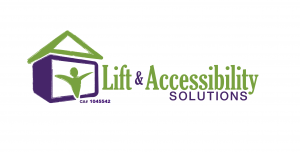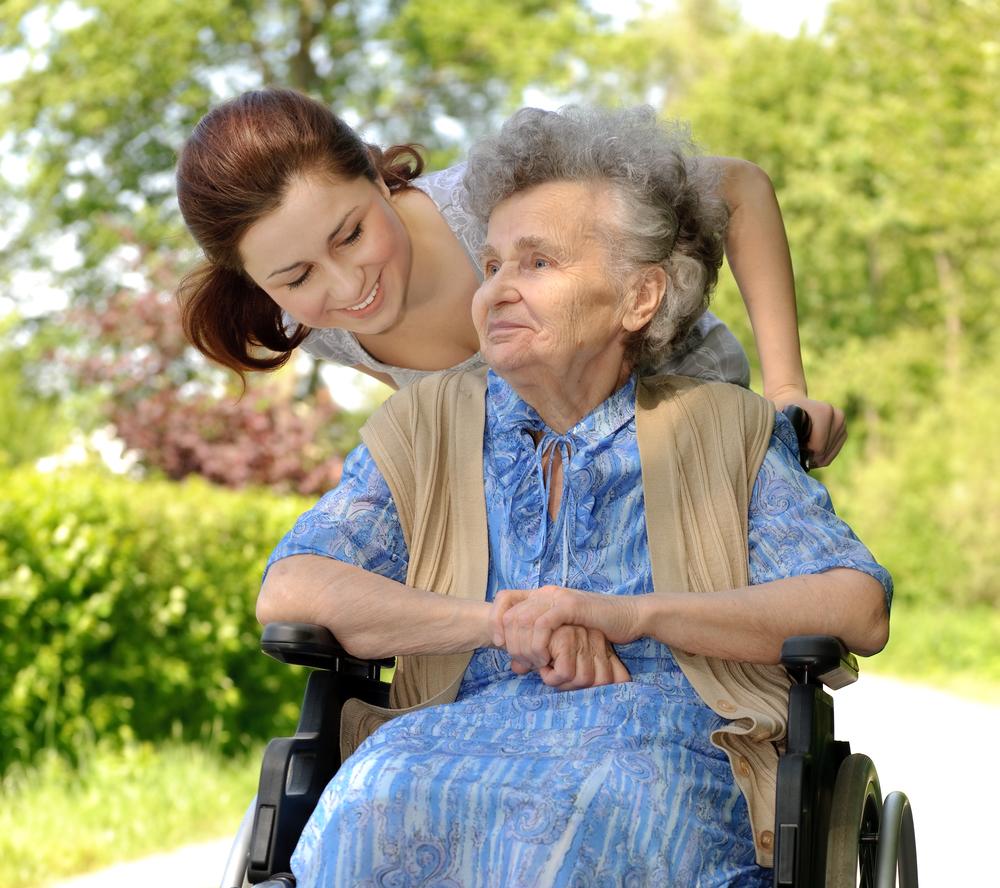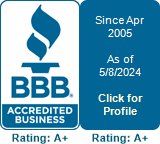Care-giving Tips for Disabled Loved Ones
It’s true that caregivers, especially family members, can play a crucial role in the long term health of a disabled loved one, but it also takes a lot of responsibility and effort. There are different levels of caregivers, such as a child taking care of a parent, or a parent taking care of a child. Spouses can tend to each other, as well, if the needs arise. If you have a disabled loved one, and are planning on being a caregiver to them, there are some things you need to know to provide the care your loved one needs.
Tips To Provide Quality Care-giving To A Disabled Loved One
Research
Conducting some research on their disability can give you some insight on how to be an efficient caregiver. Finding out symptoms of a disability will give you an edge in providing your loved one’s needs.
Network
Finding other people who are caregivers can be a huge relief, especially to those without previous experience. They’ll be able to support you and give you advice on their experiences to help you become an excellent caregiver.
Encourage
You should encourage and support your loved one’s independence as it is extremely good for their attitude and health. Talk to them about what they feel you really need to do for them and how best to support them in what they can and can’t do. If you are concerned that you need to step in, broach the topic in the most respectful manner possible.
Keep Up With Advancements
New technologies become available every day to make disabled loved ones remain independent more easily. Join mailing lists and message boards to stay up to date on advancements and new techniques regarding your loved one’s condition.
Accept Your Feelings
Care-giving can be a roller coaster of emotions, and it’s important to understand those feelings and accept them for what they are. You should put yourself in a position where you are effectively caring for your loved one. Build a support system and allow times for you to take care of yourself so you can better take care of them.
Ask for Help (When You Need It)
Though you may be a primary caregiver, you should be aware of your limits. You should ask for help from other family members or doctors that are dependable. Make sure to find out your other family member’s needs before you ask, so you can both make plans you can stick to.
Provide Availability
If you’re the primary caregiver, but you don’t live near your loved one, you can set up a system so you’re notified of any emergency. You can set up an alarm system, manage doctor appointments, find a case manager, or hire local services.
Care-giving is a difficult task for anyone to take on, and it’s best to be prepared as much as possible. If you’re unsure about care-giving, or need some extra advice. Don’t forget to maintain your own health, for yourself and so taking care of a disabled loved one will be much easier.







There are no comments yet, but you can be the first